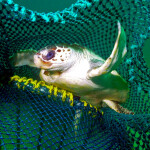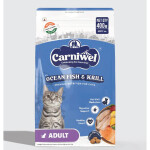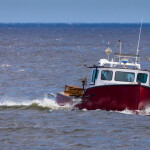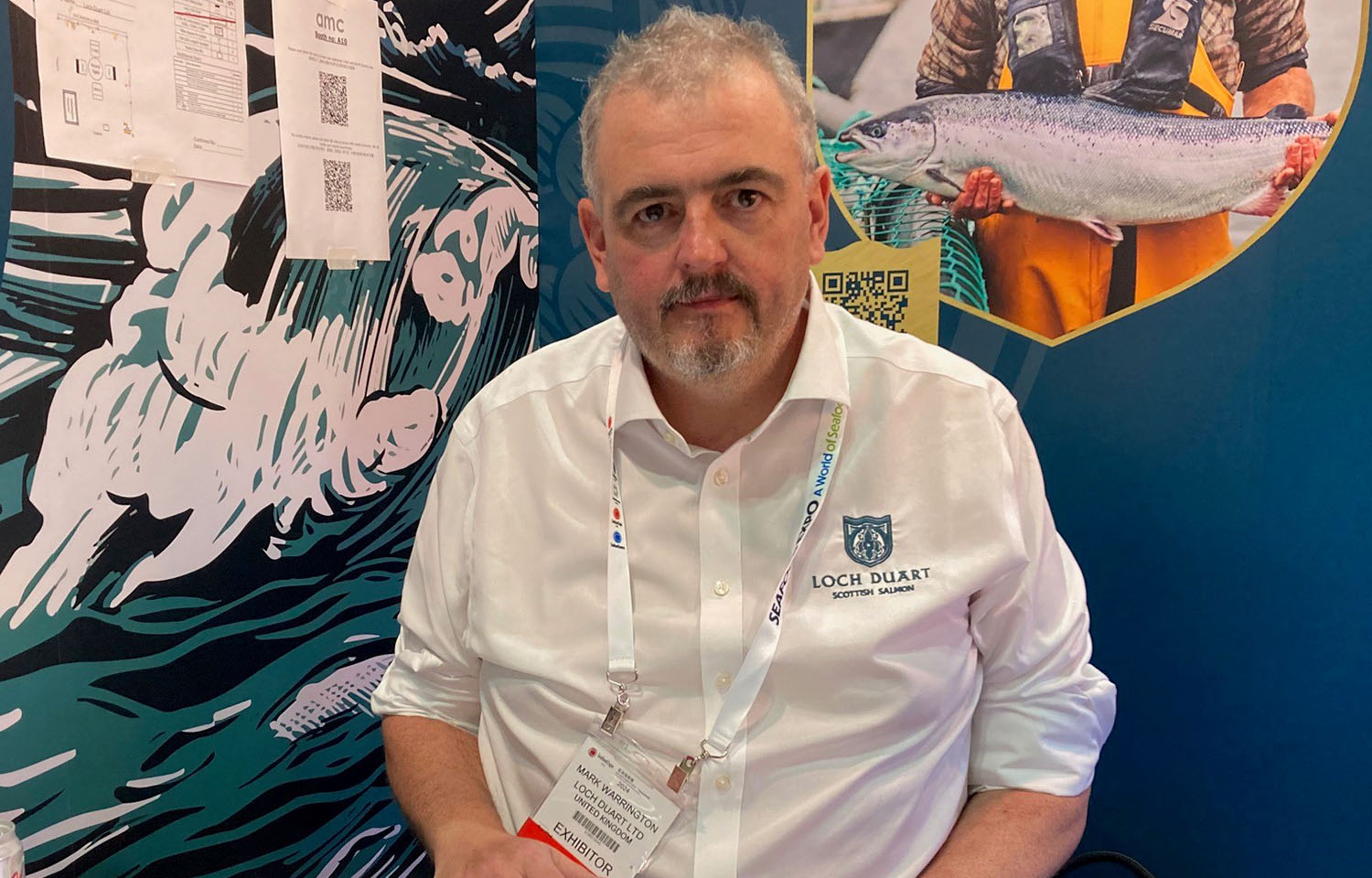Loch Duart prides itself on being one of the last remaining independent, non-multinational Scottish fish-farming companies.
That independence gives the company a freedom that its larger, often publicly traded competitors don’t have, such as the ability to specialize on operating small-scale, low-impact farms and focus on certain products and markets, according to Loch Duart Managing Director Mark Warrington. The company’s salmon are raised in low-density, low-energy, sheltered sites that use a bespoke fish feed and feature minimal fish handling.
Speaking at the 2024 Seafood Expo Asia, which took place 4 to 6 September in Singapore, where Loch Duart was exhibiting for the first time, Warrington said Asia will be a target market for the company as it seeks to double production in coming years.
“We’re going to have a gradual increase in available tonnage; we’re doing it the long-term way, which is part of our DNA and has been for the 25 years the company has been in existence. But, it will potentially at least double our output over the next three to five years. That’s going to allow us to both react to market demand and see where some of the key areas for growth are, and Asia is definitely going to be a key region for us.”
Loch Duart purchased five sites around Scotland’s Isle of Skye in 2022 from Scottish Sea Farms, with a combined production limit of more than 9,600 metric tons (MT). The GBP 11.7 million (USD 15.3 million, EUR 13.9 million) purchase price, as well as the investment in bringing the sites into production, has been fueled by the company’s 2020 acquisition by the SAF II Master Fund, operated by Vision Ridge Partners, a U.S. sustainability-focused investment firm.
Two of the five sites now have fish in them, and Loch Duart is making alterations at the other three sites “so we can farm them in the Loch Duart way in the future,” according to Warrington.
Loch Duart currently produces 6,000 MT of salmon annually at eight sea sites and two hatcheries in Sutherland and the Outer Hebrides, with the bulk sold to France and the U.S. The expansion will take the company to between 12,000 MT and 16,000 MT of annual production.
“Because we're doing such small volumes right now, we actually struggle to supply the demand that's out there in the market. But as we create more volume over the coming years, it will be good to break into new markets,” Warrington said. “Even with that, we will be a very small-volume producer, representing about 3 percent or 4 percent of Scottish production, so we don't really need to break into anything in a large scale. It doesn't take a lot of customers or a lot of volume to make a huge difference to our business.”
The Asian market has enormous potential for growth in coming years as the regional economy continues to strengthen and consumers are introduced to salmon, Warrington said.
“I think that Asia is going to probably replicate what happened with salmon growth in Europe over the years. Speaking to some of the retailers, the percentage of salmon that makes up their sales has already grown to huge numbers. I've heard of retailers that were traditionally other seafood products that Asians were familiar with that are now selling 40 to 50 percent salmon,” he said. “I’ve been visiting Asia for 15 or 20 years, and when you visit cities [in Southeast Asia] today, places like Singapore or Bangkok are developing so fast, and there’s so much free cash that consumers seem to have in Asia. And, there’s a clear fondness for luxury brands. There's definitely a lot of potential for a small business like ours.”
The key to growing the Asian market will be familiarizing consumers with salmon, according to Warrington.
“Being able to educate consumers in the future is going to be really, really important,” he said. “I’m confident Scotland has a good place as a worldwide brand, so we will win out as more consumers continue to buy salmon.”
The Scourie, Scotland-based salmon-farming firm experienced lower turnover and operating profit in its most recent fiscal year ending March 2024 but said it was largely the result of developing plans for long-term, sustainable growth that includes goals to increase production through new sites and optimizing the potential of existing ones. Part of that plan is ...








